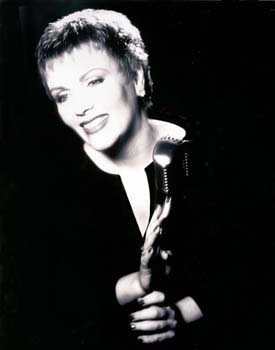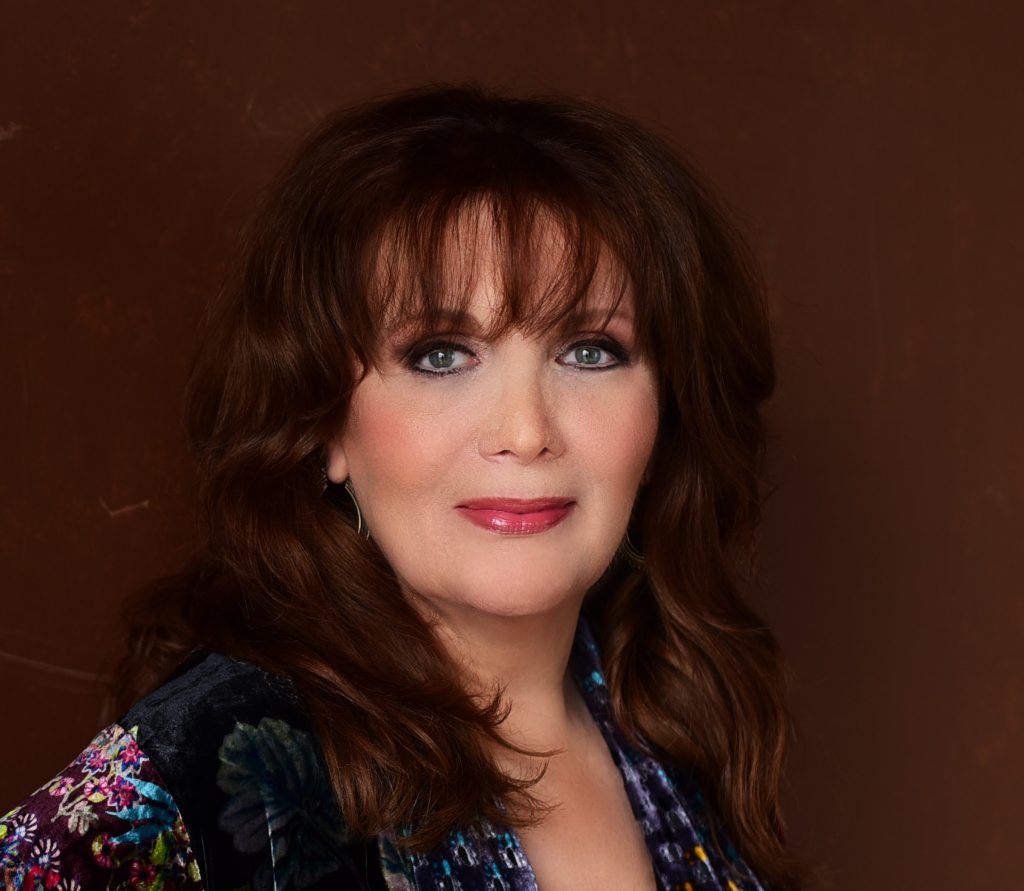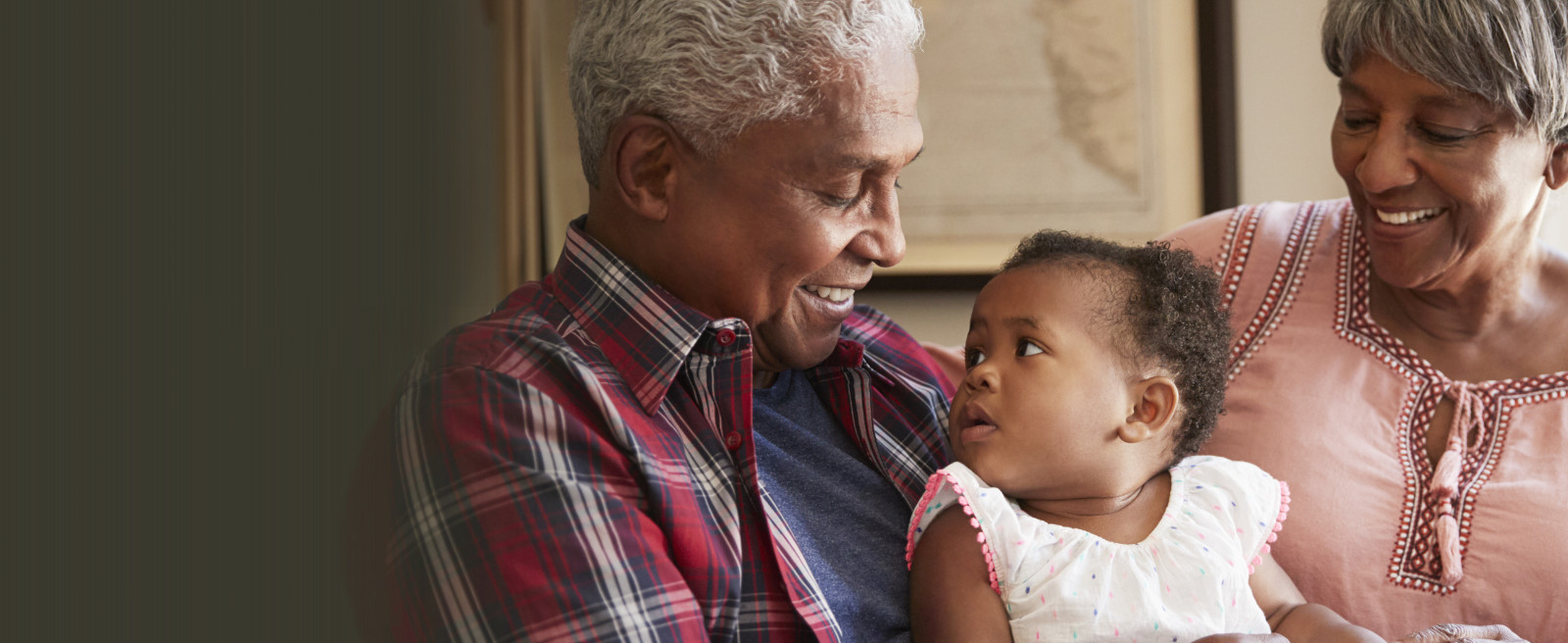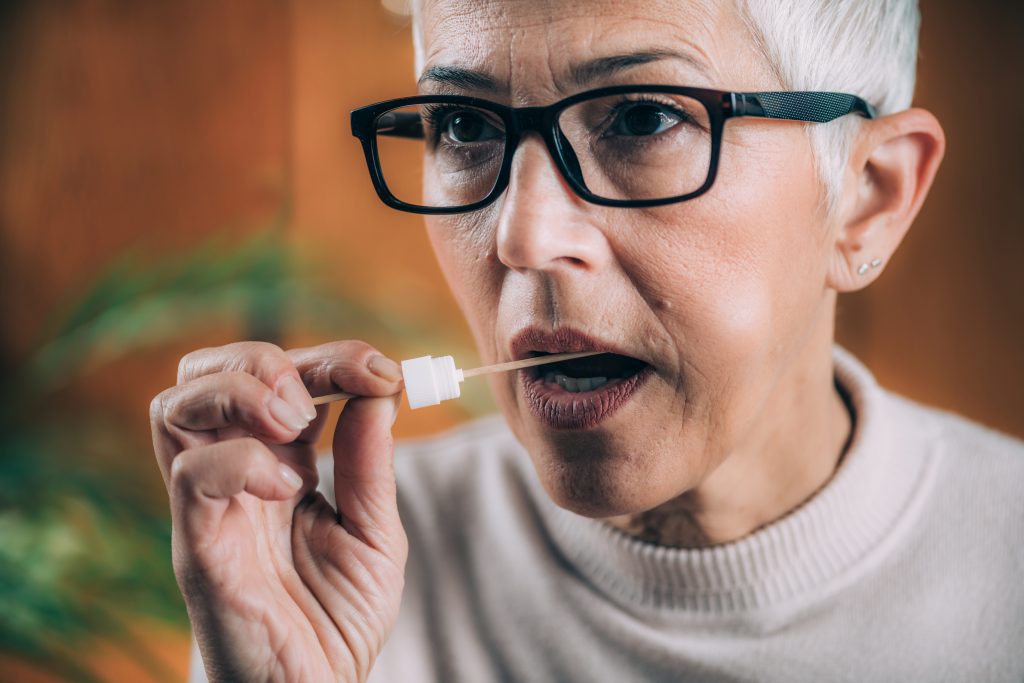Spreading a Message of Hope: Q & A with Singer Mauren McGovern

Maureen McGovern was was a 23-year-old folk singer in 1972 when she was chosen to record “The Morning After” for The Poseidon Adventure. The song and movie became megahits and launched her five-decade career as a concert performer, recording artist and Broadway musical theatre actress.
All of that changed several years ago when she was diagnosed with posterior cortical atrophy (PCA), a degenerative brain and nervous system disorder, with symptoms of Alzheimer’s. She spoke to Alzheimer’s TODAY about her life back home in Ohio and the projects she has planned.
How did your diagnosis come about?
“Five or six years ago I started to have trouble remembering little things. I found myself saying, “I know this song. Why did I forget the words?” I made a joke out of it in shows but it kept building. I started having to keep lyrics or a music stand in front of me while I was performing. I saw my doctor for tests and originally everything was “normal.” Eventually, though, my tests began to show changes in my brain and I was diagnosed with PCA and mild dementia. Words are becoming harder and harder to find. It can be very challenging.”
Have you adjusted to the diagnosis?
“I have travelled the globe for 40 years and was completely independent. Since my diagnosis I have moved to an independent senior residence for the convenience, safety and support. I had to downsize with the move and had to let go of many treasured items. It was hard and frustrating to leave the place where I had been for the last 20 years. I am grateful for where I am now.

I live on the fifth floor with an amazing view. I see the sunrise and am enjoying the changing landscape of each season. It was hard to adjust to the changes at first, but I’m more comfortable now. I now know my diagnosis and understand what is happening. I know many people are going through this, too. I want them to know they are not alone. I plan to write a book about my life experiences.”
We read that you can no longer travel or perform in concerts. Can you sing and do you?
“I sing a lot in my apartment to keep “the pipes” in order. The neighbors are very happy. There is a fellow resident here who is 90 years old. He plays the piano and loves to perform. We get together every couple of months to perform for the community. It’s a lot of fun and our fellow residents seem to really enjoy the shows.”
What is your biggest challenge?
“Not knowing exactly what is in the future. I try to see every day as a gift and keep moving on and trying to help other people.”
What else are you working on now?
“Throughout my career as I have travelled to different cities to perform, I would stop to visit hospices, hospitals and prisons. This was my effort to bring hope and healing through music. That’s always been a part of my heart. I remember one visit to a hospice with my friend, Dr. Deforia Lane, a music therapist. We visited a grandmother who was in her last moments.

I thought, “Oh, my God, what can I do to help her and her family?” You could feel the sadness in the room. Her family said that she liked country music, so we sang a familiar country song for her. (“Country Roads” written by John Denver). I got to a certain point in the song and we heard a soft “whoo, whoo, whoo” sound. She was “singing” along with us. There was such beauty in that. Her children and family were crying tears of joy. Sharing a simple gift like that is wonderful. Music is healing. Through the years I have also supported charities by performing concerts and telethons. That work has meant the world to me. I am currently working with music conductor Jeff Harris to do a recording of inspirational music, songs that bring hope.”
You said you will be working to bring more attention to music therapy.
“When people are feeling low, music lifts up their souls. In 1972, I had just finished a concert when I was asked to visit a hospital the next morning, on Christmas Day. There were babies in cribs and children in beds. The babies didn’t know anything about me or my music but the parents needed to hear a hopeful message. After I sang, they came and hugged me. Something as small as a song can change how someone feels, even if just for a moment. I want to be helpful any way I can. That’s what I’m looking forward to. I may not be able to perform concerts with symphonies or act in live theatre any longer, but I am still singing. I am dealing with this disease as best I can. I am happiest when I can make someone else happy.”
You said you slowly realized that your inner life has not changed, that dementia is not going to stop you from living your life.
“What we keep inside, in our heart, is our inner life. I try to remember things that were very important to me and I’m always trying to help somebody else in their dilemma. Every day is a chance to help someone else. I know that all of that is still inside me.”






